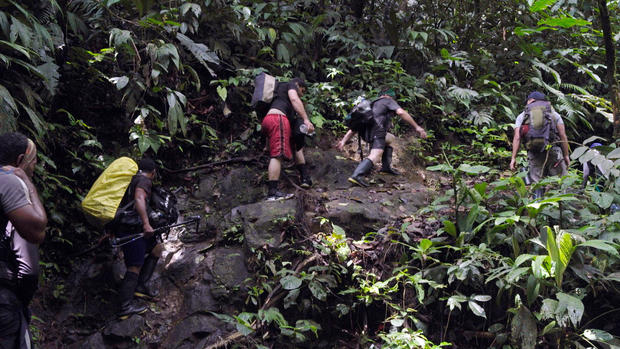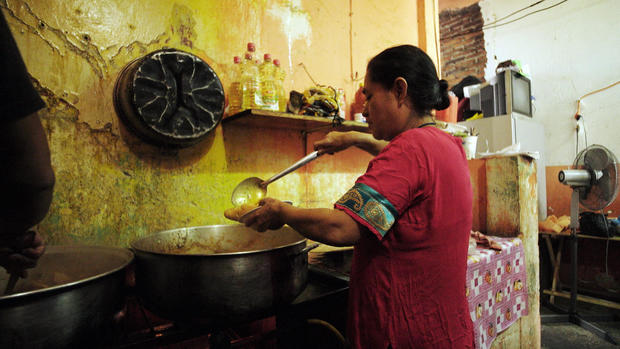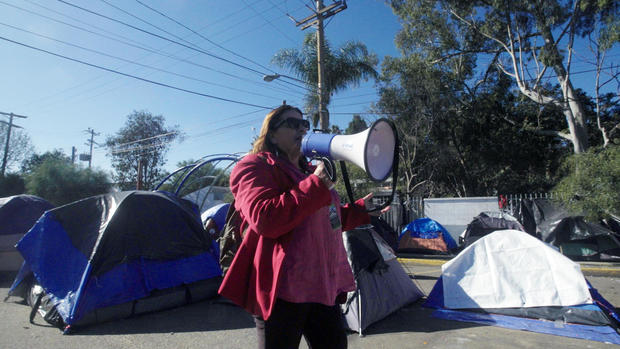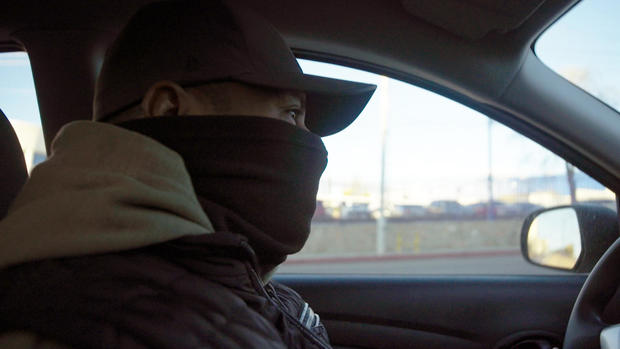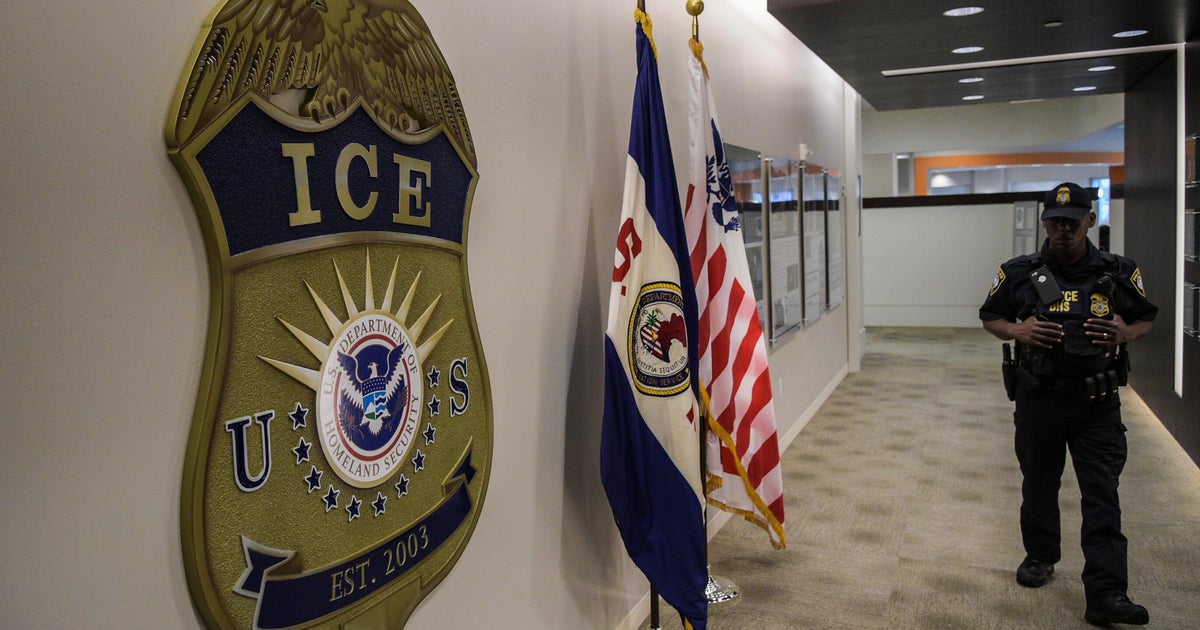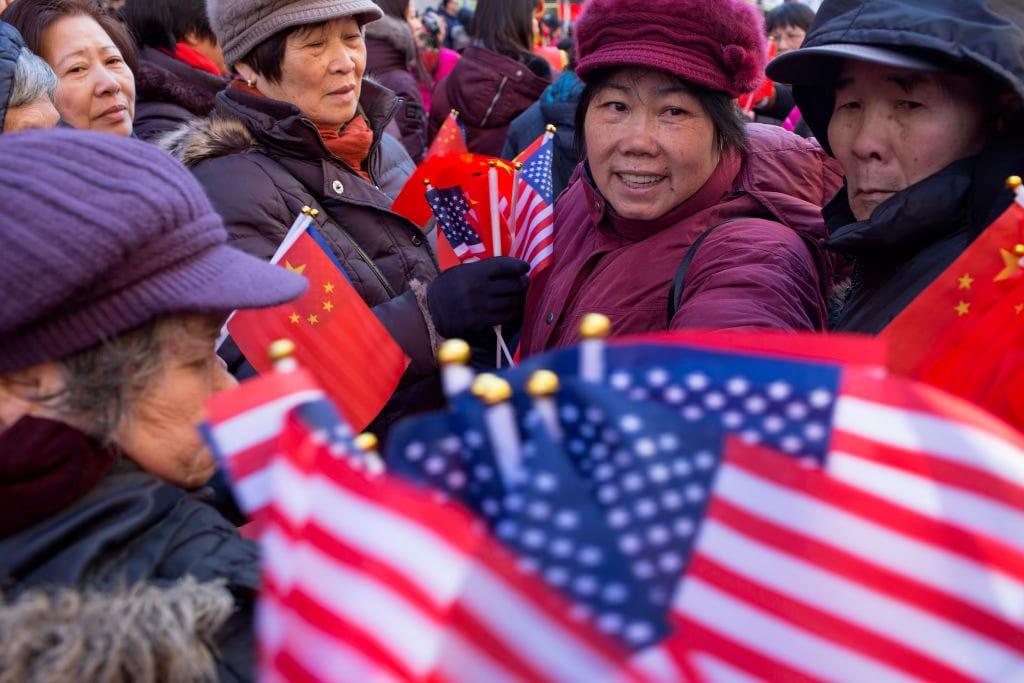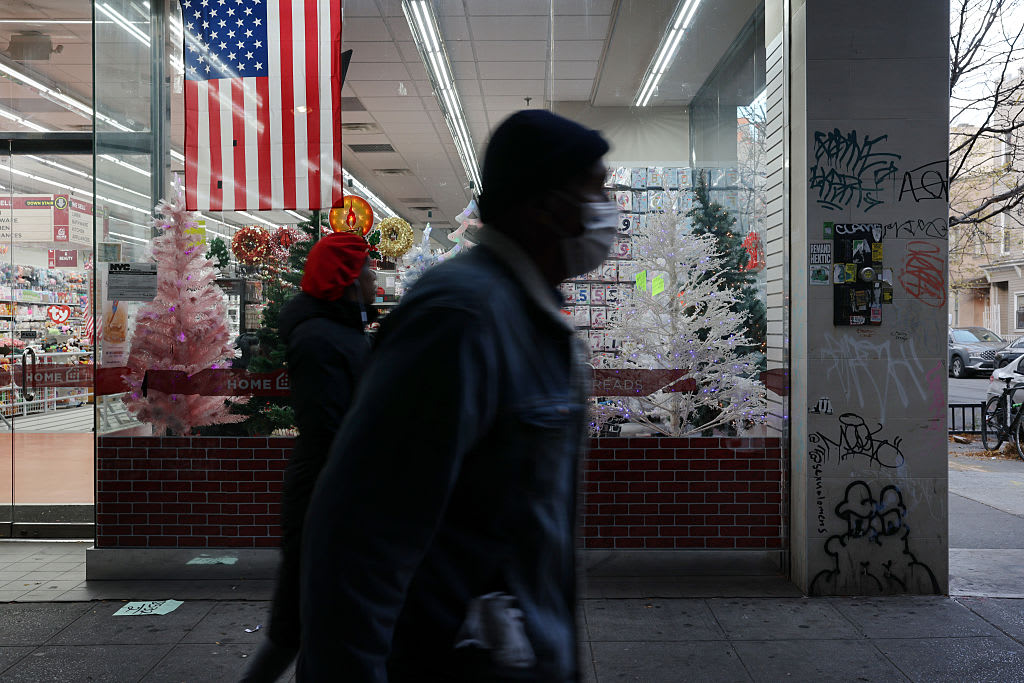Smugglers, lawyers, cooks: The booming business of getting migrants across the border
Watch the new CBSN Originals documentary, "Border Business: Inside Immigration," in the video player above.
Migrants trekking from Central America to the U.S. border have made a lot of headlines in recent years, but their journey wouldn't be possible without many other people along that path whose stories get little attention. Human smugglers, restaurant owners, activists and immigration lawyers each play a role in a sprawling industry that's sprung up around the migrants, and have come to depend on this human flow for their livelihoods.
The coyotes
For many migrants, the first major hurdle on the dangerous journey north is crossing the Darien Gap, 60 miles of dense jungle that straddles the border between Colombia and Panama. Rather than try to navigate and survive it on their own, many migrants enlist so-called coyotes, like Emerson Gonzalez Jimenez and his partner in this underground trade, Augustin, who declined to give his last name.
"I helped a lot of people, particularly women with children." said Gonzalez Jimenez. "Because many have passed through here and not made it. They have fallen. They have fallen and died. And that's why a person like that needs someone to guide them. And guide them well." He said he typically charges $700 to get people through the jungle.
Full story: The human coyotes helping migrants survive Central America's grueling Darien Gap jungle
The rest stop
After surviving the Darien Gap, there's still more than a thousand miles to go before the migrants reach Mexico. But if they make it, they'll find a hot meal and comparatively more comfortable quarters in Tapachula, Mexico, which has become a boomtown just across the border from Guatemala. For locals like Concepción González Ramírez, it's a business opportunity — as well as, in her case, something of a calling.
González Ramírez runs a budget-friendly restaurant preparing international dishes and welcomes a steady stream of customers from all over the world. "The Cubans call me Madrina (Godmother) or Tia (Aunt). Africans call me Mama Africa," she said.
Full story: "She helps everyone": This Mexican woman's kitchen is legendary worldwide
The activist
While the steady stream of migrants has created opportunity in Tapachula, in another border town 2,500 miles to the north, it's created chaos. In Tijuana, Mexico's busiest border city, a spike in migrants arriving in so-called caravans has strained resources, according to activist Lourdes Lizardi. Lizardi, who has over two decades of experience working in Tijuana's shelters, said recent arrivals have been overwhelming.
"All the shelters were full. Where should we put these people, our migrant brothers?" She's helping guide migrants to a temporary space, a makeshift shelter that she says is safer than sleeping in tents in the streets. Her work shows no signs of slowing down.
Full story: "You are not numbers to us": Humanitarian activists on the front lines of the migrant caravans
The lawyer
Many of those migrants are waiting to seek asylum in the U.S., where a backlog of over 800,000 immigration cases are slowly making their way through the courts. The demand keeps lawyers like Negar "Natalie" Ghayoumi working day and night.
For Ghayoumi, who immigrated from Iran as a child, the job is personal. "I understand when people come here and don't speak the language, they don't know the laws — and it's difficult," she said.
Full story: "I see a lot of anxiety": For this immigration lawyer, the process is personal
The smuggler
Both U.S. and Mexican authorities have been struggling to address the rise in people traveling to the border, but between the migrants determined to seek a safer or more prosperous future and the network of people determined to making a living off this human flow, there is seemingly no end in sight. Desperation helps fuel illegal and dangerous trafficking operations.
One human smuggler at Arizona section of the Mexican border put it this way: "There will always be a way for people to cross over there. One way or another the people that work in this (business) will find a way to work."
Full story: For human smugglers, a border wall means a bigger payday
